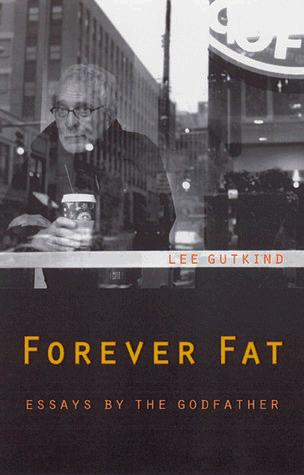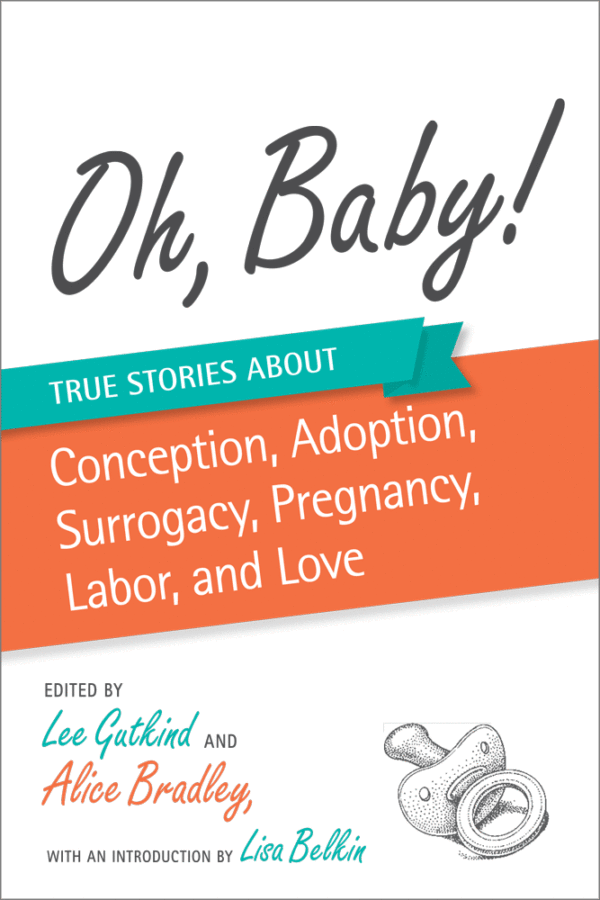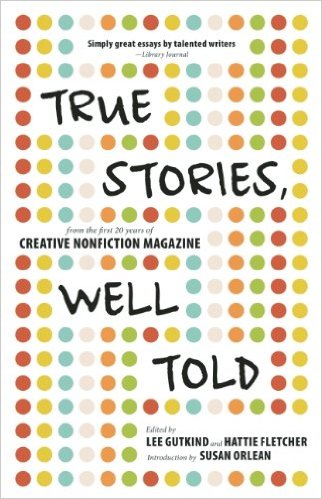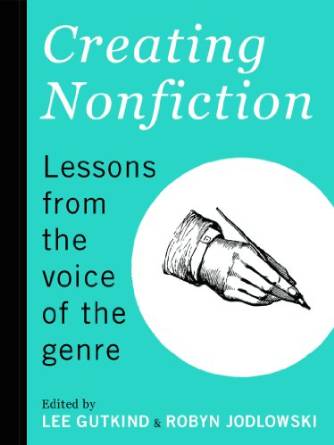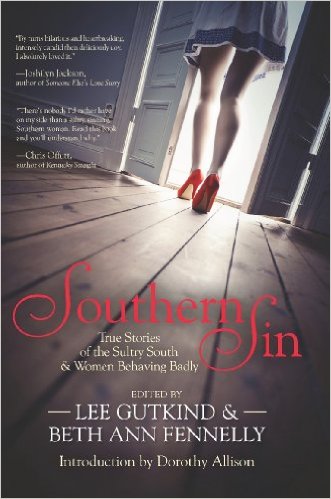Dubbed—some would say drubbed—the “godfather behind creative nonfiction” by Vanity Fair, Lee Gutkind takes the occasion of these essays, and the rich material of his own life, to define, defend, and further expand the genre he has done so much to shape. The result is an explosive and hilarious memoir of Gutkind’s colorful life as a motorcyclist, a medical insider, a sailor, a college professor, an overaged insecure father, and a literary whipping boy.
In Forever Fat Gutkind battles his weight, his ex-wives, his father, his rabbi, his psychiatrist, and his critics in a lifelong cross-country, cross-cultural search for stability and identity. And from Gutkind’s battles, it is the reader who emerges a winner, treated to an engrossing story of the simultaneous awakening of a man and his mission, and of the constant struggle, in literature and in life, to sort out memory and imagination. Here is the universal, symbolic truth that no matter how far you travel, no matter how many years pass, you will never completely shed the weighty baggage of adolescence. Yet, as Gutkind proves again and again, he has learned to describe his burden with an ever-lightening brilliance.
Reviews
The godfather in question is the author, who was credited as a major advocate of “creative nonfiction” in an uncomplimentary Vanity Fair article six years ago by James Wolcott, who criticized this emerging field of writing. The founder of the journal Creative Nonfiction, Gutkind has published widely in the field (Many Sleepless Nights: The World of Organ Transplantation) and is also a professor of English at the University of Pittsburgh. This collection of beautifully crafted personal essays, previously published in various periodicals, demonstrates the author’s mastery over his chosen genre. Always engrossing, the pieces convey emotional pain leavened with humor and are written with piercing honesty. Several deal with Gutkind’s relationship with his father, Jack, who beat and belittled him. In “A History of My Father,” he discusses his reaction to a letter he received from Jack that describes his own equally horrible childhood. With astonishing clarity, Gutkind expresses understanding, but not an acceptance of his father’s cruelty toward him when he was growing up. “Waiting Away” is a witty and angry article about the incompetence of a physician. The title essay explains how the author needed the solace he found in food when he was a child, even though it led to ridicule because he was a fat kid. During basic training in the Coast Guard, he found the motivation to lose weight and define a new self-image based on independence and a positive direction for his life.
Copyright 2003 Reed Business Information, Inc. –This text refers to an out of print or unavailable edition of this title.
—Publishers Weekly
“Gutkind strides openly into any subject. His essays combine humor, pathos, confession, insight. They attract for their openness and style. . . . Entertaining reading, any one of the essays could also serve as a model for exemplary nonfiction, lending the volume to use as a text for classes or individual study in contemporary writing.”
—University Press Book Reviews
“Gutkind’s writing is deceptively simple. It’s a clean, sleek style, with sentences as black-and-white as the cover photo. But they pack a wallop.“
—Naples (FL) Daily News
“Lee Gutkind writes, ‘Trusting other people is the easy part.’ But the truth is, whether he’s writing of Plantar’s warts, coffee in a Pittsburgh diner, or even divorce and fatherhood, Lee Gutkind is the one it’s easy to trust. He takes care with the word in all its glory.”
—Bret Lott, author of Jewel and Fathers, Sons, and Brothers
“Forever Fat is a deeply moving account of one man’s physical and spiritual transformation, where the words, ‘Never, never, never give in’ have particular resonance for anyone who has tried to piece together the truth of one’s life on the page, against the doubting voices that surround us.”
——Terry Tempest Williams, author of Leap and Refuge: An Unnatural History of Family and Place
“A book about identity, the cruel threats one’s family can make to one’s sense of self, and the courage and clarity of vision it takes to transcend the injury. The essays are brimming with dramatic intensity, astute observation, wit, and narrative skill.”
— Lee Martin, author of From Our House
